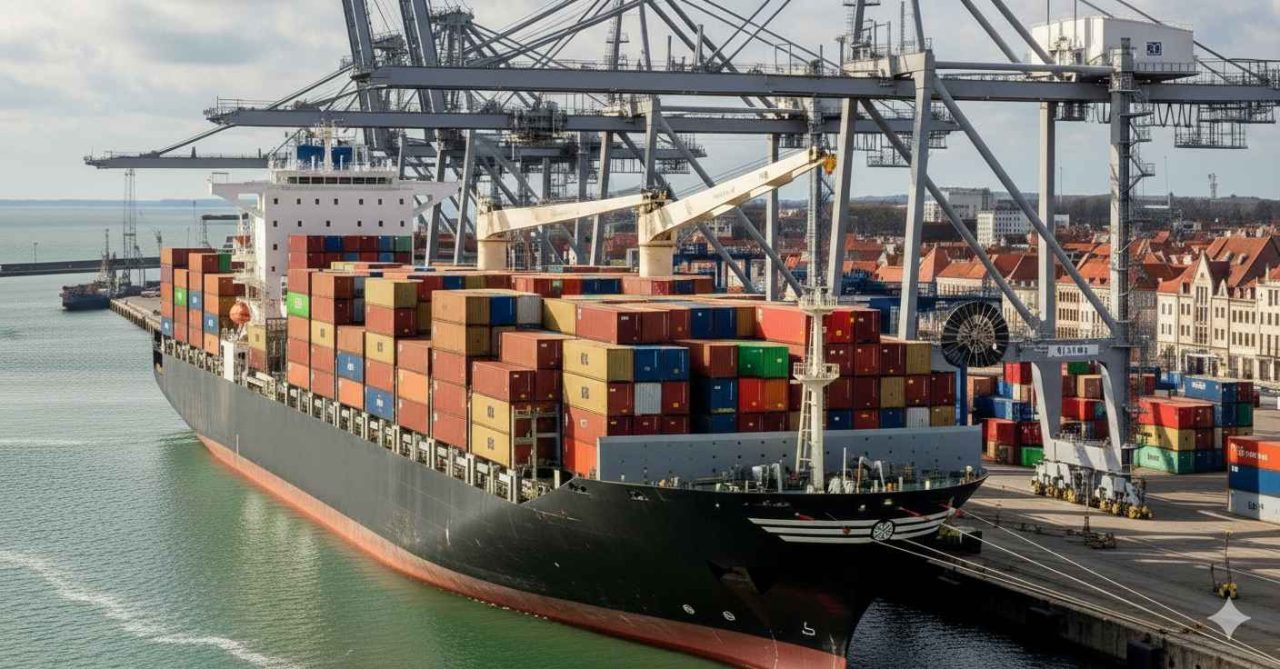
A UN deal sets binding rules on ship emissions
The agreement introduces a binding global framework that combines mandatory limits on ship emissions with a pricing mechanism for greenhouse gases in maritime transport. Although some island states and environmental NGOs argue it falls short of Paris Agreement targets, the deal is considered a turning point for the shipping industry.
After years of intense negotiations, in April 2025 the International Maritime Organization (IMO) approved its landmark Net-Zero Framework to decarbonize maritime transport. It aims to achieve net zero emissions by 2050, aligned with IMO’s 2023 strategy, and will be included in the new Chapter 5 of Annex VI of the MARPOL Convention.
Headquartered in London, the IMO is a UN specialized agency with 176 member states, responsible for regulating international shipping and preventing pollution.
The draft regulation is expected to be formally adopted at the IMO session next October. Once ratified, the measures will take effect in 2027, giving the industry time to adapt and invest in clean fuels and technologies. The United States, however, appears determined to block its adoption to protect fossil fuel interests at home and abroad.
Maritime transport accounts for nearly 3% of global CO2 emissions, with around 90% of global trade moving by sea. Without coordinated international measures, emissions are projected to rise steeply.
US opposes regulation and pressures other countries
The U.S. government withdrew from talks in April and by August had already threatened retaliation against countries supporting the deal. Washington argues the regulation would impose unnecessary costs on shipping without meaningfully reducing emissions.
According to recent reports, the State Department has urged other IMO members not to adopt the Net-Zero Framework. A spokesperson said the U.S. is prepared to consider “corrective measures,” including additional tariffs, visa restrictions, and port taxes if the October IMO session adopts the regulation. The State Department is also seeking to rally partners and allies to this effort.
The Dutch government confirmed receiving a verbal warning from Washington, which included the threat of tariffs or other retaliatory actions, according to the Dutch Ministry of Infrastructure and Water Management.
Maritime decarbonization deal at risk
The current draft secured 63 votes in favor, 16 against, and 24 abstentions. While a simple majority is needed, increased abstentions could block the adoption of the regulation.
Washington’s bullying continues
Beyond efforts to maintain fossil fuel use, the U.S. has also moved to obstruct other environmental agreements. During negotiations in Geneva, the Trump administration, along with Saudi Arabia and other oil exporters, opposed restrictions on petroleum-based plastics production, contributing to the collapse of the global plastics treaty.